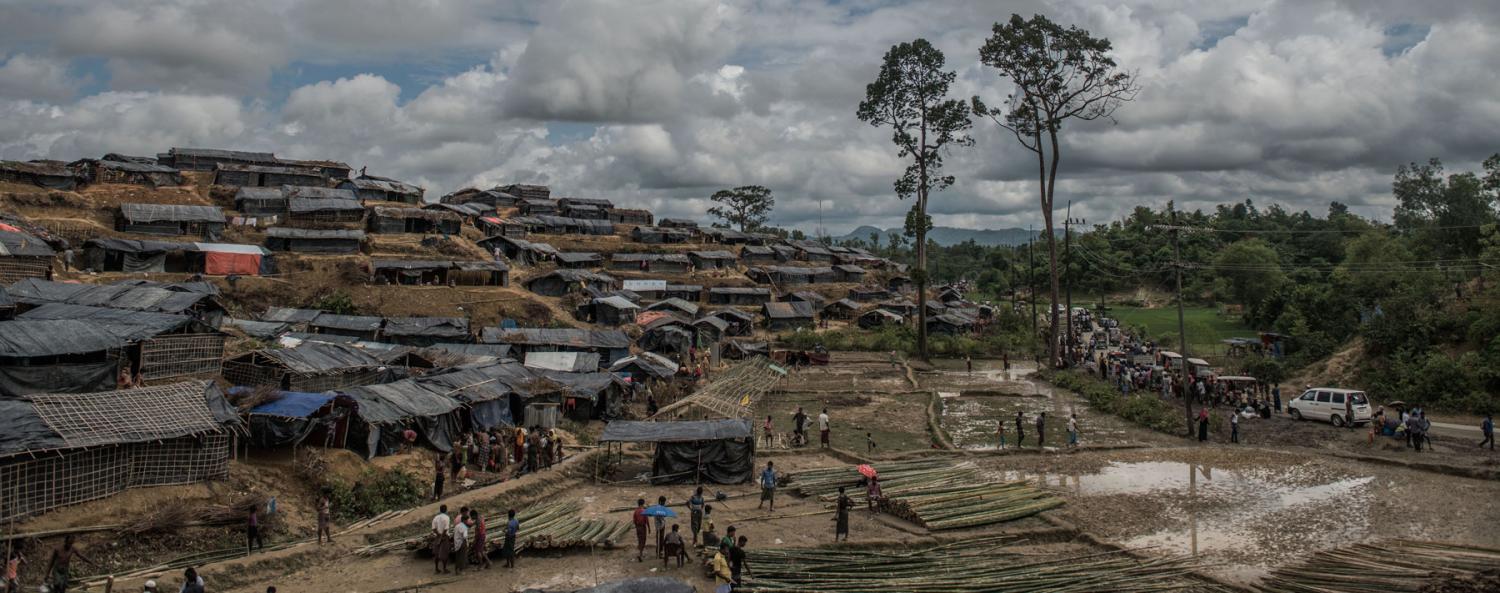- Foreign aid fails to prevent emigration from developing countries, according to a new study from the Center for Global Development. The report finds that the capacity of aid to address the “root causes” of migration is “small at best”.
- Last Sunday, 22 asylum seekers from Nauru departed for the US as part of the US refugee resettlement deal. The federal court in Australia has also ordered the transfer from Nauru of a young female refugee to an Australian health facility, after finding her to be at extreme risk of suicide.
- Behrouz Boochani, an Iranian journalist living in detention on Manus Island, has given an interview to Al Jazeera where he talks about life in Australia’s refugee camp.
- Also on Manus, a third group of refugees has departed the island for the US, while the UNHCR has said “much more needs to be done to bring the circumstances of refugees and asylum-seekers on Manus Island up to a basic minimum standard”.
- An op-ed in the LA Times argues that refugees are not a drain on the American economy, but rather an economic boon for any country that chooses to accept them.
- Filippo Grandi, UN High Commissioner for Refugees, has briefed the Security Council on the Rohingya crisis in Myanmar, warning that UNHCR has not had access to affected areas of Rakhine state since August and emphasising that “the construction of infrastructure to support the logistics of return should not be confused with the establishment of conditions conducive to voluntary repatriation”.
- UNHCR has also declared that escalating violence in Yemen has worsened the humanitarian situation and displaced 85,000 people since December.
- And finally, at Refugees Deeply experts weigh in on the zero draft of the Global Compact on Migration. Michael Clemens also examines the draft at the Center for Global Development.
Migration and border policy links: Yemen, life on Manus Island, and more
Links and updates from across the migration and border policy field.

Photo: CAFOD Photo Library (flickr)
Published 15 Feb 2018
Follow @ErinHarrisAU
You may also be interested in
Diplomacy has not found facebook to be an easy or effective way to improve engagement across borders.
